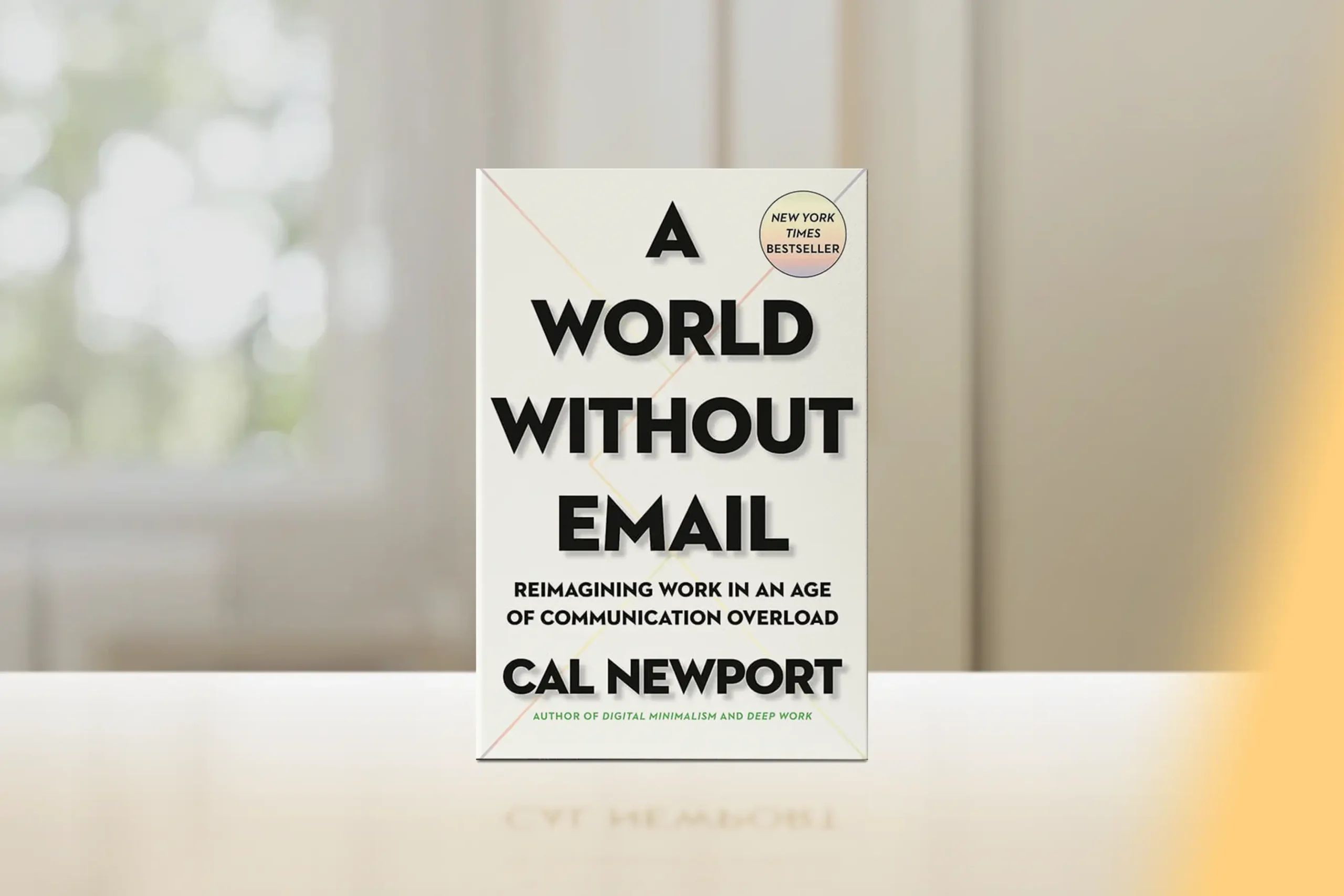What if your next career move wasn’t just a job change, but a gateway to living your purpose? Every day, people from all walks of life are proving that it’s never too late to pivot toward passion. Their stories aren’t just about changing careers—they’re about transforming lives and rediscovering meaning in work.
In today’s dynamic job market, career transitions have become increasingly common and necessary. Whether driven by technological shifts, personal growth, or a deeper calling, these changes represent opportunities to align our work with our values and aspirations. As highlighted in “Designing Your Life“ by Bill Burnett and Dave Evans, successful career transitions often follow unexpected paths, yet share common principles that anyone can apply.
In this article, we’ll explore inspiring stories of individuals who successfully navigated career transitions, uncover the strategies they used, and provide you with practical tools to craft your own career transformation story. These aren’t just success stories—they’re blueprints for possibility.
1. The Corporate Innovator to Social Entrepreneur
Meet Sarah, a former marketing executive who transformed her corporate expertise into social impact. After 15 years in consumer goods marketing, she now runs a successful social enterprise helping underprivileged women enter the tech industry.
Key Transition Strategies:
- Leveraged existing skills in new contexts
- Built bridges between sectors
- Started small while maintaining financial stability
Reflection Prompt: What skills from your current role could create positive social impact? List three ways your expertise could serve a cause you care about.
For more insights on aligning career with purpose, explore our article on “Aligning Your Career with Your Life Purpose.”
2. The Mid-Career Scientist Turned Tech Founder
James spent 20 years in pharmaceutical research before pivoting to create a health-tech startup. His story illustrates how deep domain expertise can fuel innovation in unexpected ways.
Critical Success Factors:
- Identified transferable technical skills
- Built a support network during transition
- Embraced continuous learning
Strategy Implementation:
- Mapped existing knowledge to new field
- Took targeted online courses in tech
- Found mentors in both industries
- Started with consulting to build credibility
As explored in “So Good They Can’t Ignore You“ by Cal Newport, this kind of career capital can be invaluable in transitions.
3. The Teacher Who Became a UX Designer
Maria’s journey from elementary school teacher to UX designer shows how seemingly unrelated skills can create unique value in tech fields.
Transferable Skills Leveraged:
- Understanding user needs
- Breaking down complex concepts
- Creating engaging experiences
- Managing diverse stakeholders
Action Steps She Took:
- Completed targeted UX certification
- Created portfolio through pro-bono work
- Joined UX communities
- Networked with other career changers
Challenge: Identify three skills from your current role that could be valuable in your target field. Create a plan to demonstrate these skills in your desired context.
4. The Finance Professional Who Found Purpose in Wellness
David’s transition from investment banking to founding a wellness coaching practice demonstrates how to align career with personal values.
Transition Framework:
- Gradual skill development
- Financial planning for transition
- Building credibility in new field
- Creating unique value proposition
For more inspiration, check out our article on “Experience Hacking: Creative Ways to Build Relevant Skills for Career Transitions.“
5. The Artist Who Revolutionized Corporate Training
Elena combined her background in fine arts with organizational development to create innovative corporate training programs.
Success Principles:
- Unique skill combination
- Market gap identification
- Iterative approach to service development
- Strong personal brand building
As discussed in “Range: Why Generalists Triumph in a Specialized World“ by David Epstein, such diverse experiences often lead to innovative solutions.
Practical Application: Your Career Transition Roadmap
Let’s transform these insights into actionable steps for your journey:
Phase 1: Foundation Building (1-3 months)
- Self-Assessment
- Skills inventory
- Values clarification
- Interest exploration
- Market Research
- Industry analysis
- Role requirements
- Growth potential
- Gap Analysis
- Skill gaps identification
- Learning needs assessment
- Resource gathering
Phase 2: Strategic Preparation (3-6 months)
- Skill Development
- Targeted learning plan
- Practical application
- Portfolio building
- Network Building
- Industry connections
- Mentor relationships
- Professional associations
- Brand Development
- Personal narrative
- Online presence
- Professional positioning
Phase 3: Active Transition (6-12 months)
- Opportunity Creation
- Informational interviews
- Side projects
- Volunteer work
- Market Testing
- Pilot projects
- Freelance work
- Part-time opportunities
- Full Transition
- Role targeting
- Application strategy
- Negotiation preparation
24-Hour Challenge: Choose one action from Phase 1 and complete it within the next 24 hours. Share your commitment with someone who will hold you accountable.
Your Next Steps
As we’ve seen through these diverse stories, successful career transitions share common elements while remaining uniquely personal. Your path won’t look exactly like anyone else’s—and that’s exactly as it should be.
Remember these key insights as you move forward:
- Every skill you’ve gained has value
- Your unique perspective is an asset
- Transitions take time and patience
- Support systems are crucial
- Small steps lead to big changes
Final Reflection Questions:
- What unique combination of experiences could set you apart in your desired field?
- How might your current challenges become future advantages?
- What first step will you take today toward your career transition?
Your career transition story is waiting to be written. As highlighted in “Range: Why Generalists Triumph in a Specialized World“ by David Epstein, diverse experiences often lead to the most innovative and fulfilling careers. For more practical strategies on building relevant skills during your transition, check out our articles on “Experience Hacking: Creative Ways to Build Relevant Skills for Career Transitions“ and “Strategies for High Performers: Balancing Ambition and Mental Health.”
Remember, your career transition isn’t just about changing jobs—it’s about creating a life that aligns with your deepest values and aspirations. The path may not always be clear, but with the right strategies, support, and mindset, you can navigate this journey successfully.
Take that first step today. Your future is waiting.





